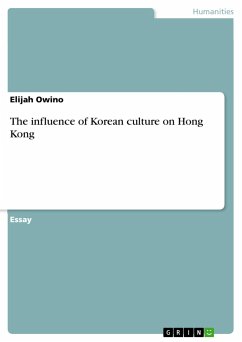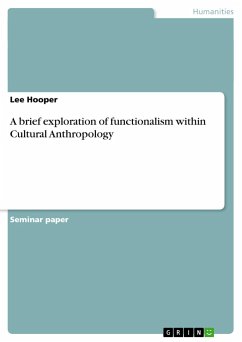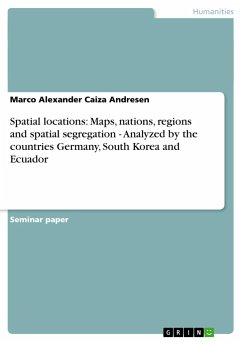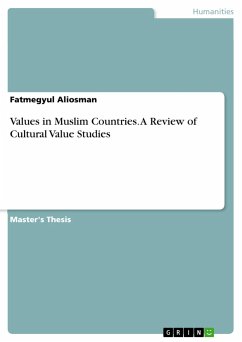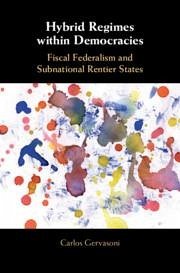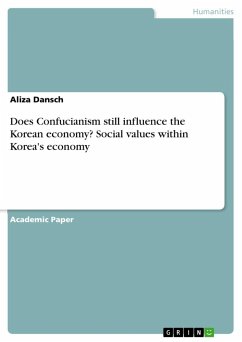
Does Confucianism still influence the Korean economy? Social values within Korea's economy

PAYBACK Punkte
0 °P sammeln!
Academic Paper from the year 2017 in the subject Asian studies, grade: 1,3, Ewha Womans University, course: Korean History and Society, language: English, abstract: The main concern of this paper is to answer the question if Confucianism still influences the Korean economy, even after the dramatic economic reform. Therefore, some scholars ascertained that century long cultural values as kind of a conservative ideology are still governing Koreans daily-life and cannot vanish quickly, as they are deeply embedded in society. However, some other researchers claim that the big impact of the globali...
Academic Paper from the year 2017 in the subject Asian studies, grade: 1,3, Ewha Womans University, course: Korean History and Society, language: English, abstract: The main concern of this paper is to answer the question if Confucianism still influences the Korean economy, even after the dramatic economic reform. Therefore, some scholars ascertained that century long cultural values as kind of a conservative ideology are still governing Koreans daily-life and cannot vanish quickly, as they are deeply embedded in society. However, some other researchers claim that the big impact of the globalisation let Koreas economy change into becoming more capitalistic, where individualism results into opportunism. So, companies are seeking their own profits and adapt to flexible employment structures without caring for the general employee anymore.During the time of 1960s-1980s South Korea quickly developed from the scratch of the bottom into one of the biggest industrialized countries in the world with a rapid annual growth rate of its gross domestic product (GDP) of 9 per cent from US$1.4 in 1953 to US$437.4 in 1994. Scholars have argued that this phenomenal growth was the selective emphasize of some of the Confucian virtues, causing workers to be subordinate to their bosses and diligent within their work. When in 1997 the Asian financial crisis hit the country, South Korea had to face the globalization with all its effects, so that century-long traditions were questioned. To compete in the global market Korea´s economy, especially the chaebols, were under much pressure to restructure themselves. Moreover, massive groups of workers were early retired or laid off. To become a global player, firms had to adapt to the market flexibility and neoliberalism in order to survive.




